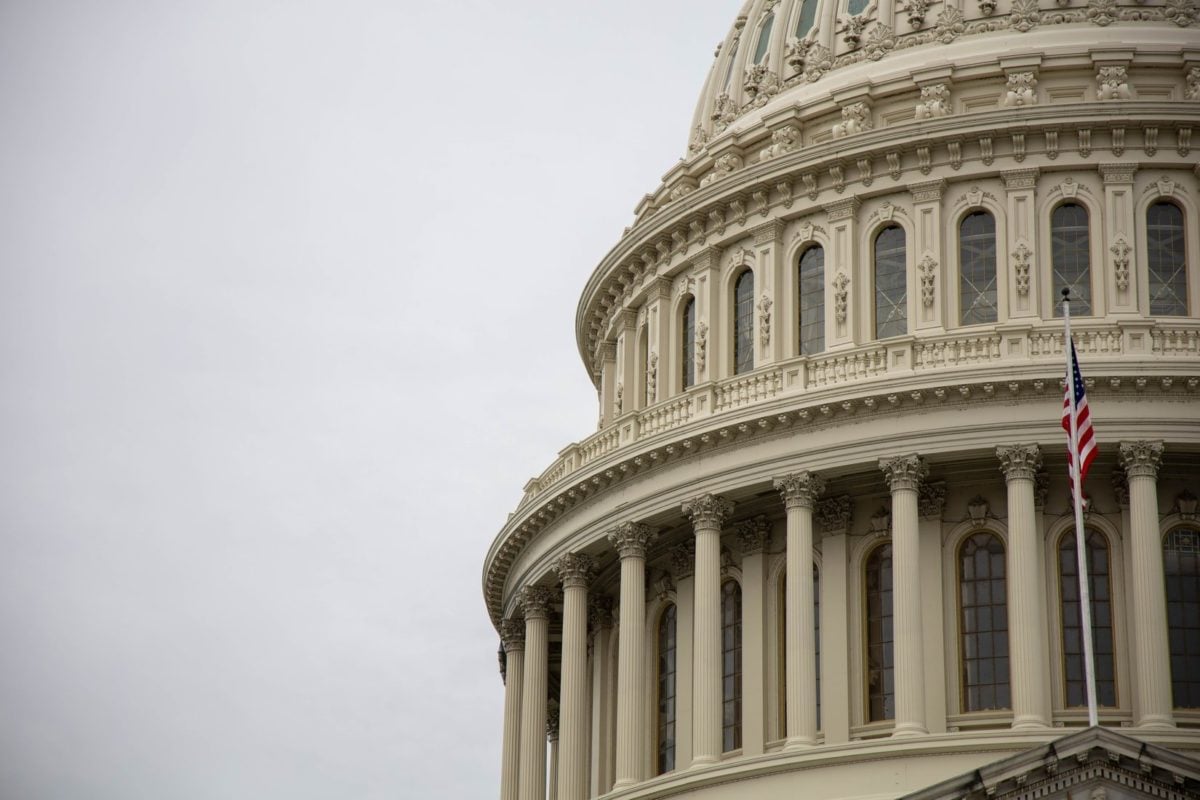Save the Storks condemns legislation for its unequal treatment of pro-life organizations
by Brittany Smith
Last Thursday, controversial legislation known as The Equality Act passed in the U.S. House of Representatives.
The 500-plus page bill outlaws discrimination based on sex, gender identity and sexual orientation. But hiding in this bill are more insidious implications for the pro-life community.
If passed in the Senate, it could strip religious liberty provisions and protections from pro-life organizations, pregnancy resource centers (PRCs), and those in the medical community with pro-life convictions. Additionally, it would force employers to pay for abortions through health insurance and taxpayers to fund abortions through Medicaid programs. And PRCs and pro-life organizations could be in danger for not promoting or providing abortion.
According to the public policy think-tank, The Heritage Foundation, “The Equality Act would be the most pro-abortion bill ever passed by Congress.”
Equality Act Creates Unequal Rights
The Equality Act would also undermine the 1993 Religious Freedom Restoration Act (RFRA) by canceling provisions protecting churches and non-profits.
The RFRA exists to keep the federal government from infringing on the rights of religious organizations. It also allows for businesses and individuals to opt-out of mandates that would force them to go against their beliefs. Nullifying the RFRA would endanger conscience protection provisions for healthcare workers. Meaning pro-life nurses and physicians who object to abortion would no longer be protected or allowed to opt-out.”
“This bill would be a direct attack on the rights of our pregnancy resource center partners. It would inhibit those in the pro-life community from conducting their organization in accordance with their beliefs. Not to mention potentially force those who work at PRCs to violate their deeply held convictions on life,” said Diane Ferraro, CEO of Save the Storks.
The bill passed the House 224–206. It will now move to the Senate, where 60 votes are required to overcome the filibuster, which would bring the bill to a vote.







